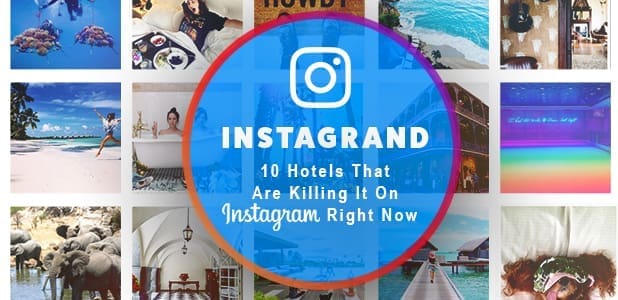
In early 2021, Facebook dramatically reduced the attribution window for conversion tracking on paid social ads. A few months later, Apple implemented a feature that required users to choose whether to allow ad tracking.
As both changes have created some confusion, specifically when it comes to reporting, Screen Pilot thought it might be helpful to clarify exactly what’s changed, what hasn’t, and how our team has adapted to offer hoteliers and hospitality marketing teams the most accurate, actionable data.
What Changed
Nearly all iPhone users are no longer directly trackable on external sites.
Yes, Apple’s iOS 14.5 brought us a slew of new emojis, but it also put an emphasis on data tracking transparency. The platform’s new app tracking transparency prompt, required on all applications, requires users to choose whether or not apps can “track activity across other companies’ apps and websites.” As a result, reports have suggested more than 95% of iPhone users have opted out of tracking, significantly affecting the ways in which marketers navigate paid social performance.
Two major differences to be aware of include:
- Loss in visibility – In these cases, marketers can no longer track booking engine events such as added payment info or website purchases. Because these activities take place off of Facebook on a third-party booking engine, Facebook no longer has permission to collect this data and marketers lose the ability to see the transactions.
- Reduced remarketing targets – These iOS changes also diminish the size of the remarketing audiences marketers can target. Without the ability to track users who visit your website, marketers are unable to serve ads to these people and potential lookalike audiences. These campaigns are traditionally where Screen Pilot has seen some of the highest ROAS, so adapting our strategies was one of our most immediate actions.
Facebook reduced their attribution window.
Facebook narrowed the scope in which user events and bookings are attributed to social ads. Previously, marketers could see stats for up to 28 days after a user clicked on an ad, which created a lengthened timeframe for conversion attribution and offered clear indication on the touchpoints of a customer’s journey. Facebook’s new attribution window limits marketers to tracking seven days after an ad is clicked, and only one day after an ad is viewed.
What Stayed the Same
Social ads are still leading to bookings.
It’s crucial to note that these changes are primarily affecting reporting, not performance. Although the ability to track iOS user actions has been restricted, this doesn’t mean these bookings have stopped. Social ads continue to be one of the most effective means of increasing brand awareness and converting potential consumers, it’s simply the visibility of these returns that has been reduced.
How Screen Pilot Is Adapting
New campaign structures and targeting strategies for Facebook campaigns.
While remarketing campaigns aren’t disappearing completely, Screen Pilot is adding supplementary audiences to help ensure client ads reach the most relevant and ready-to-convert consumers. We’re also revising campaign structures and reprioritizing Facebook conversion events to maximize our remarketing pool reach.
Innovative reporting to project missing iPhone purchases.
The absence of iOS bookings in Facebook Ads Manager creates a misleading representation of a brand’s paid social performance, and the missing revenue makes the traditional way of calculating ROAS inaccurate. What Screen Pilot can still monitor with iPhone users is remarketing campaign link clicks. Using historical data to calculate a client’s average iPhone conversion rate from the pre-iOS 14.5 era, we apply that percentage to the monthly page views from bottom-of-funnel iOS audiences. This allows Screen Pilot to project a more accurate total for assisted purchases, revenue, and ROAS during any given reporting timeframe.
Improved analytics tracking.
As we move away from reporting direct Facebook Ads Manager, Screen Pilot is shifting towards more holistic tracking on our client’s preferred analytics platform. Utilizing specialized URL tracking within Google and Adobe Analytics allows our team to confidently report on last-click paid social bookings, offers a standardized way of measuring user engagement, and provides a reporting system with the most accurate, if slightly less robust, data.
Did you enjoy the read?
Get original hospitality industry insights delivered to your inbox. Sign up to receive Screen Pilot’s #TrendingNow Newsletter.






